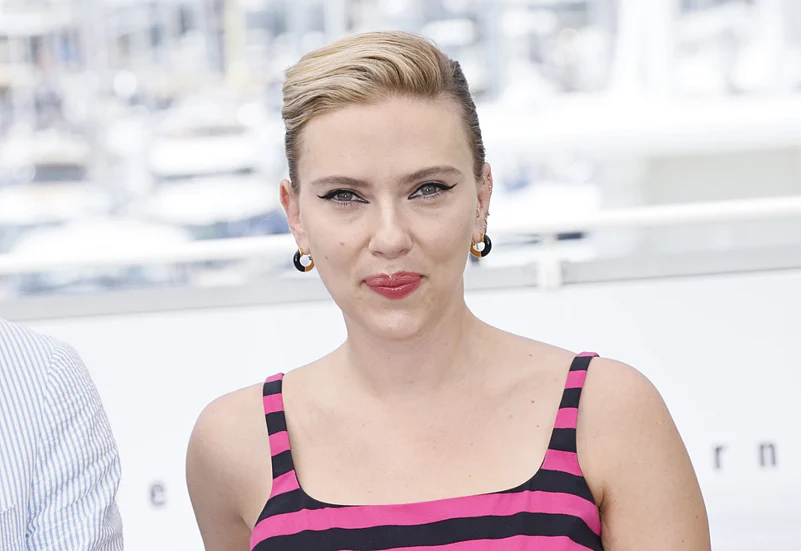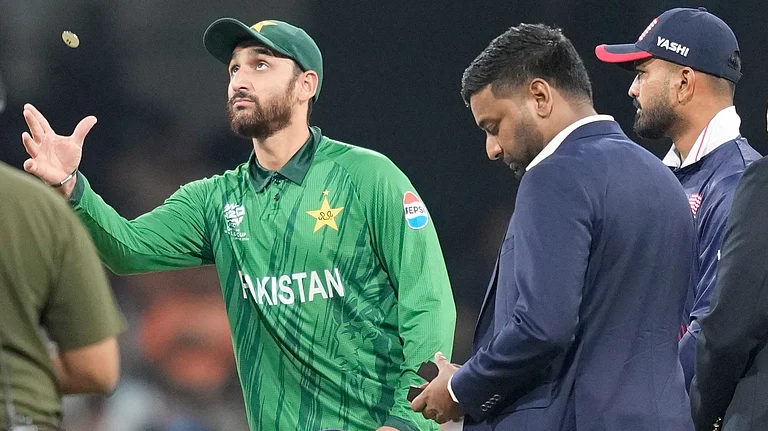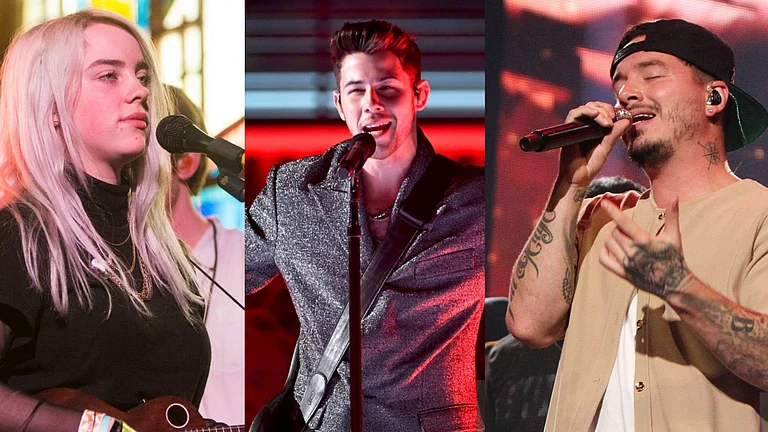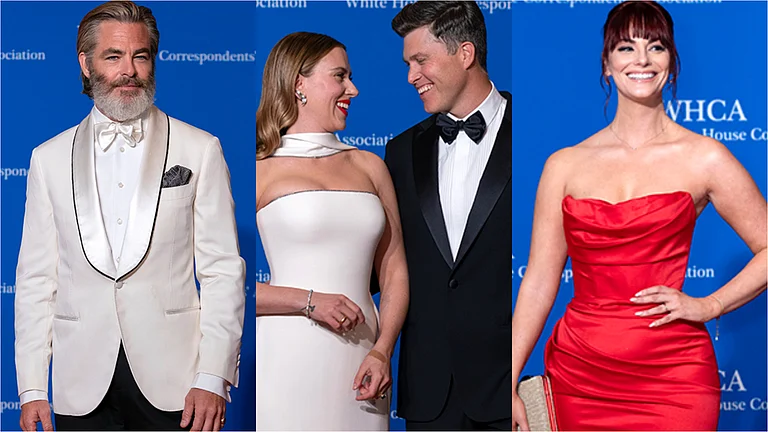SAG-AFTRA, a significant organization representing television and radio performers, announced their support for Scarlett Johansson on Tuesday. Johansson had expressed concerns about a new OpenAI system's voice feature, noting how its "eerily similar" to her own voice.
Last week, OpenAI revealed its latest artificial intelligence model, GPT-4o, which introduces an audio-interacting persona called "Sky".
On Monday, Johansson revealed that she had declined a request from the company to utilize her voice for this system in the past. OpenAI CEO Sam Altman clarified that the voice was provided by another professional actress and announced the removal of Sky's voice from the company's products.
"We thank Ms. Johansson for speaking out on this issue of crucial importance to all SAG-AFTRA members. We share in her concerns and fully support her right to have clarity and transparency regarding the voice used," a SAG-AFTRA spokesperson stated.
Actor Rights in the Age of AI: SAG-AFTRA's Advocacy & Challenges
SAG-AFTRA, representing approximately 160,000 entertainment and media professionals worldwide, significantly influenced the negotiation of agreements with Hollywood studios to improve compensation and provide safeguards against the use of AI for actors.
The debate regarding actors' rights to their voices and likenesses has emerged as a central issue in Hollywood, especially as studios assess the potential of AI to generate fresh entertainment. This matter gains particular significance as computer-generated images and sounds progressively blur the distinction from human ones.
SAG-AFTRA affirmed it was "strongly championing federal legislation that would protect their voices and likenesses." The organization pledged it will continue engaging with OpenAI and other stakeholders "to enshrine transparent and resilient protections for all of us."
OpenAI Halts ChatGPT Voice Amid Scarlett Johansson Controversy
On Monday, OpenAI announced it is halting the use of one of its ChatGPT voices following concerns raised by Scarlett Johansson, known for her role in the film "Her," who found the voice to be unsettlingly similar to her own. OpenAI stated on the social media platform X that it is taking steps to pause the voice named Sky, one of the options available for users to interact with ChatGPT. The company acknowledged questions about its selection process for lifelike audio options, particularly regarding Sky, and aims to address these concerns.
Johansson revealed that OpenAI CEO Sam Altman had approached her in September, requesting her voice for the system, suggesting it would provide reassurance to users uneasy with the technology. However, she declined the offer.
Scarlett Johansson expressed shock, anger, and disbelief upon hearing the released demo of the ChatGPT voice. “When I heard the released demo, I was shocked, angered and in disbelief that Mr. Altman would pursue a voice that sounded so eerily similar to mine that my closest friends and news outlets could not tell the difference,” Johansson said.
She said that OpenAI "reluctantly" agreed to remove the Sky voice after she enlisted lawyers to inquire about the company's voice selection process through letters addressed to Altman.
In response to internet speculation about Johansson's involvement, OpenAI sought to clarify the voice selection process in a blog post accompanying its initial announcement. The company emphasized its stance that AI voices should not intentionally mimic a celebrity's unique voice and clarified that the voice of Sky belonged to a different professional actress, whose identity could not be disclosed due to privacy concerns.
In a statement provided to The Associated Press after Johansson's reaction on Monday, Altman stated that OpenAI had already chosen the voice actor for Sky "before any outreach" to Johansson.
“The voice of Sky is not Scarlett Johansson’s, and it was never intended to resemble hers,” Altman stated. “Out of respect for Ms. Johansson, we have paused using Sky’s voice in our products. We are sorry to Ms. Johansson that we didn’t communicate better.”
OpenAI's GPT-4o: Advancements, Parallels To 'Her,' And Gendered Interactions
First introduced in September, OpenAI rolled out voice capabilities for ChatGPT, offering five different voices for users to engage with the AI assistant. Initially a feature for paid subscribers, OpenAI made Voice Mode free for all users with the mobile app in November.
Continuously evolving, ChatGPT's interactions are becoming increasingly nuanced. OpenAI recently announced that its latest update to the generative AI model, GPT-4o, can mimic human cadences in verbal responses and attempt to discern people's moods.
GPT-4o operates faster than previous versions and can analyze text, audio, and video in real-time. During OpenAI's May 13 presentation, the AI demonstrated real-time chatting with added emotion, specifically "more drama" as requested. It also attempted to infer a person's emotional state by analyzing a selfie video of their face, offered language translations, solved step-by-step math problems, and more.
GPT-4o, short for "omni," is not yet widely available. It will gradually become accessible to selected users over the upcoming weeks and months. While the model's text and image capabilities have started rolling out, even reaching some users of ChatGPT's free tier, the new voice mode will only be accessible to paid subscribers of ChatGPT Plus.
Despite many users not yet experiencing these newly announced features firsthand, they have sparked further comparisons to Spike Jonze's dystopian romance film "Her." The movie portrays the story of an introverted man (played by Joaquin Phoenix) who develops a relationship with an AI-operating system (voiced by Scarlett Johansson), leading to numerous complexities.
Altman seemingly acknowledged these parallels by posting a simple "her" on the social media platform X on the day of GPT-4o's unveiling.
Many observers who watched the model's demonstrations last week also noticed that some interactions had a strangely flirtatious undertone. For instance, in a video shared by OpenAI, a female-voiced ChatGPT complimented a company employee for "rocking an OpenAI hoodie," while in another instance, the chatbot responded with "oh stop it, you're making me blush" after being praised.

































